Nasa tests 'flying saucer' spaceship for future Mars missions
UFO-shaped spacecraft could be critical for future manned mission to the red planet
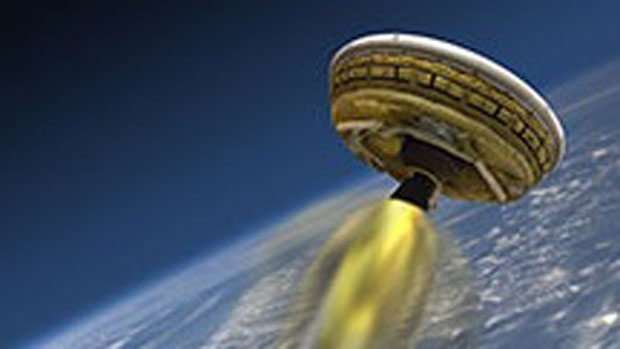
A free daily email with the biggest news stories of the day – and the best features from TheWeek.com
You are now subscribed
Your newsletter sign-up was successful
Nasa has successfully tested a flying saucer-shaped spacecraft which it hopes will help manned missions to Mars land safely on the red planet.
First test flight of our Low-Density Supersonic Decelerator a success yesterday: http://t.co/phO8BHKOfZ #LDSD pic.twitter.com/arR5kqNzDp — NASA (@NASA) June 29, 2014
After several delays due to bad weather, the test craft was launched from the US Navy's Pacific Missile Range facility in Hawaii on Saturday.
The spacecraft, known as the Low Density Supersonic Decelerator (LDSD), was launched by using a giant balloon large enough to fill a football stadium. The LDSD then separated from the balloon and "powered flight" began more than 20 miles above earth, CNN reports.
The Week
Escape your echo chamber. Get the facts behind the news, plus analysis from multiple perspectives.

Sign up for The Week's Free Newsletters
From our morning news briefing to a weekly Good News Newsletter, get the best of The Week delivered directly to your inbox.
From our morning news briefing to a weekly Good News Newsletter, get the best of The Week delivered directly to your inbox.
Two new landing techniques were being tested. One involves a doughnut-shaped tube which inflates to slowed the craft down, and gives the craft a UFO-like appearance. A parachute, the largest ever used by Nasa, was meant to continue to decrease the speed of the craft, but it failed to deploy as expected, the agency reported.
The mission ended with the craft falling into the Pacific Ocean where Nasa staff were waiting to collect the debris.
The goal of the mission was to test new technologies which will increase the payload that can be taken onboard. Nasa says the developments are critical in enabling the delivery of supplies needed for long duration missions to the red planet.
"We are thrilled about yesterday's test," said Mark Adler, LDSD's project manager said in a Nasa statement. "The test vehicle worked beautifully, and we met all of our flight objectives."
A free daily email with the biggest news stories of the day – and the best features from TheWeek.com
Nasa has now finished recovering all of the vehicle hardware and data recorders from the Pacific Ocean and will use the lessons learned from this mission to improve future flights.
-
 The broken water companies failing England and Wales
The broken water companies failing England and WalesExplainer With rising bills, deteriorating river health and a lack of investment, regulators face an uphill battle to stabilise the industry
-
 A thrilling foodie city in northern Japan
A thrilling foodie city in northern JapanThe Week Recommends The food scene here is ‘unspoilt’ and ‘fun’
-
 Are AI bots conspiring against us?
Are AI bots conspiring against us?Talking Point Moltbook, the AI social network where humans are banned, may be the tip of the iceberg
-
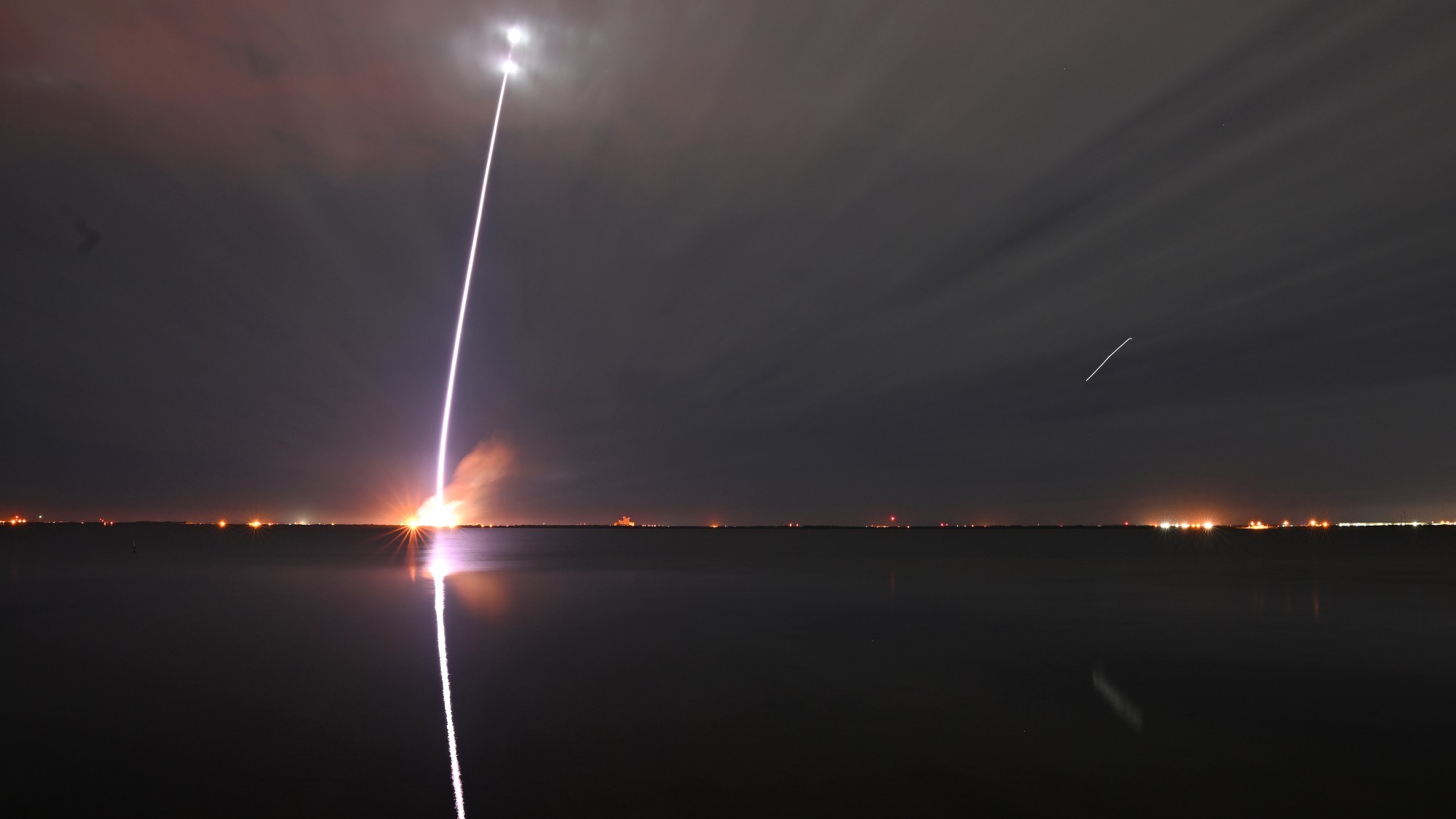 Jeff Bezos, Elon Musk and the billionaire space race
Jeff Bezos, Elon Musk and the billionaire space raceThe Explainer Tesla CEO and Amazon founder vie for dominance of satellite launch market and could influence Nasa plans to return to Moon
-
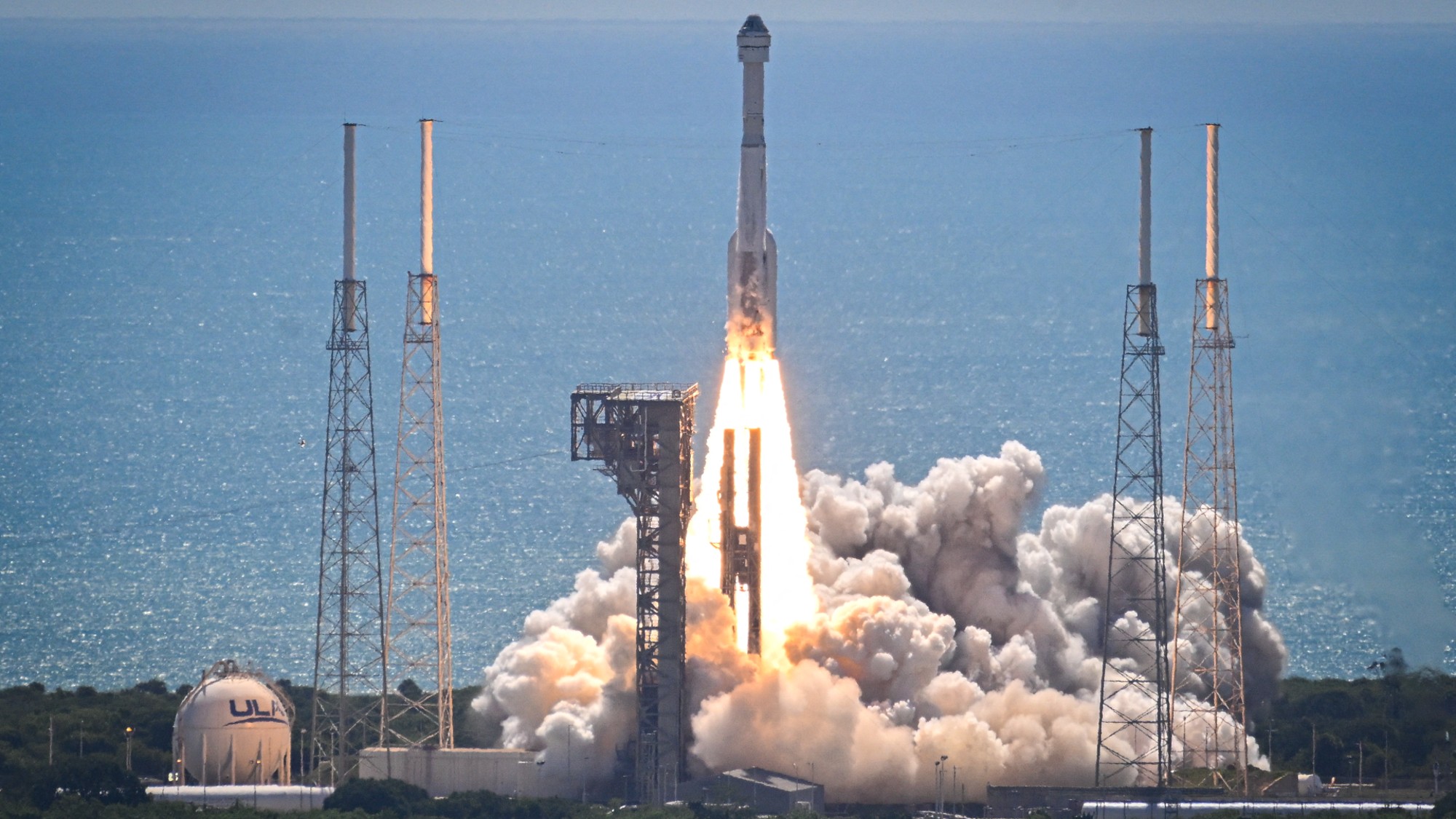 Starliner: What went wrong?
Starliner: What went wrong?Today's Big Question Boeing spacecraft has had a 'long, difficult road'
-
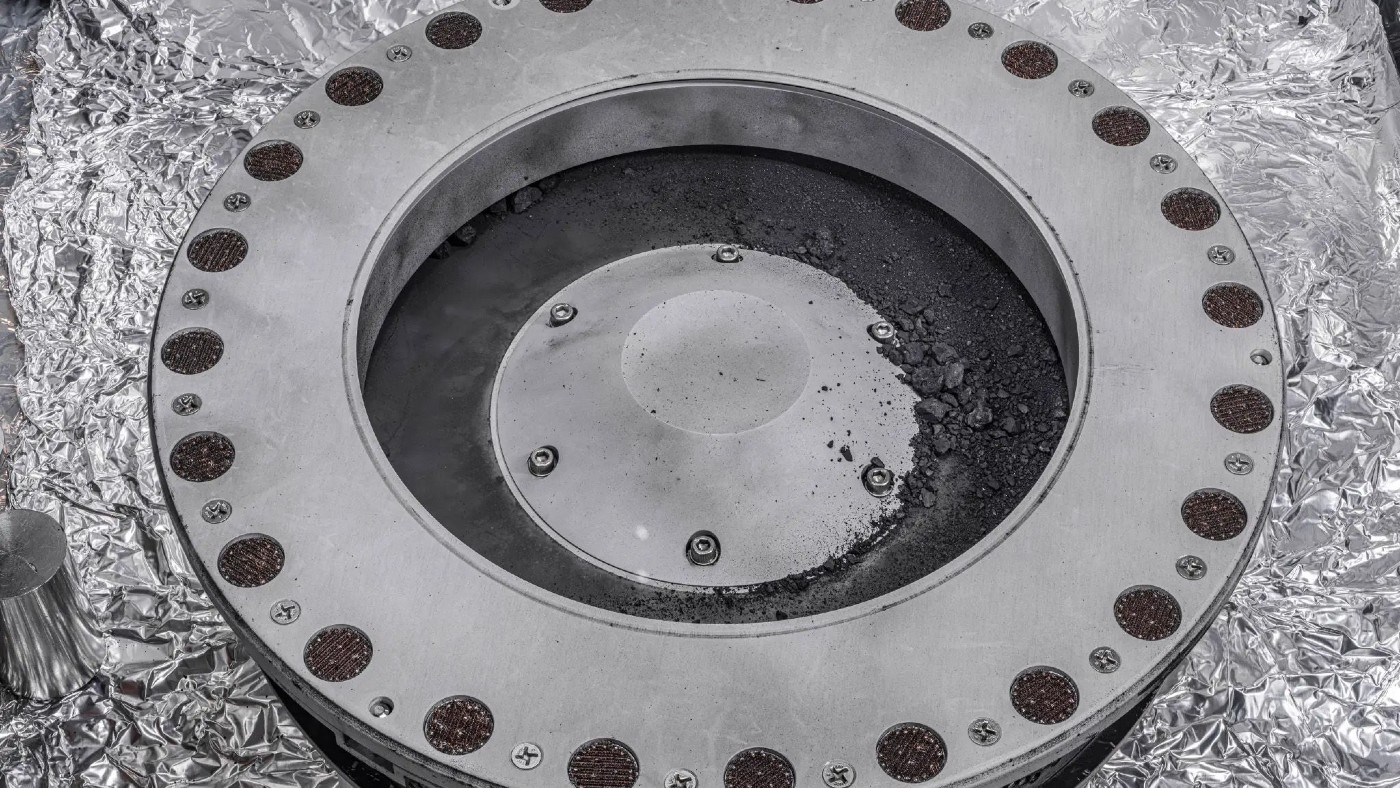 Nasa reveals first findings from asteroid that could explain origins of life
Nasa reveals first findings from asteroid that could explain origins of lifeSpeed Read Sample from Bennu has been found to contain an abundance of water and carbon
-
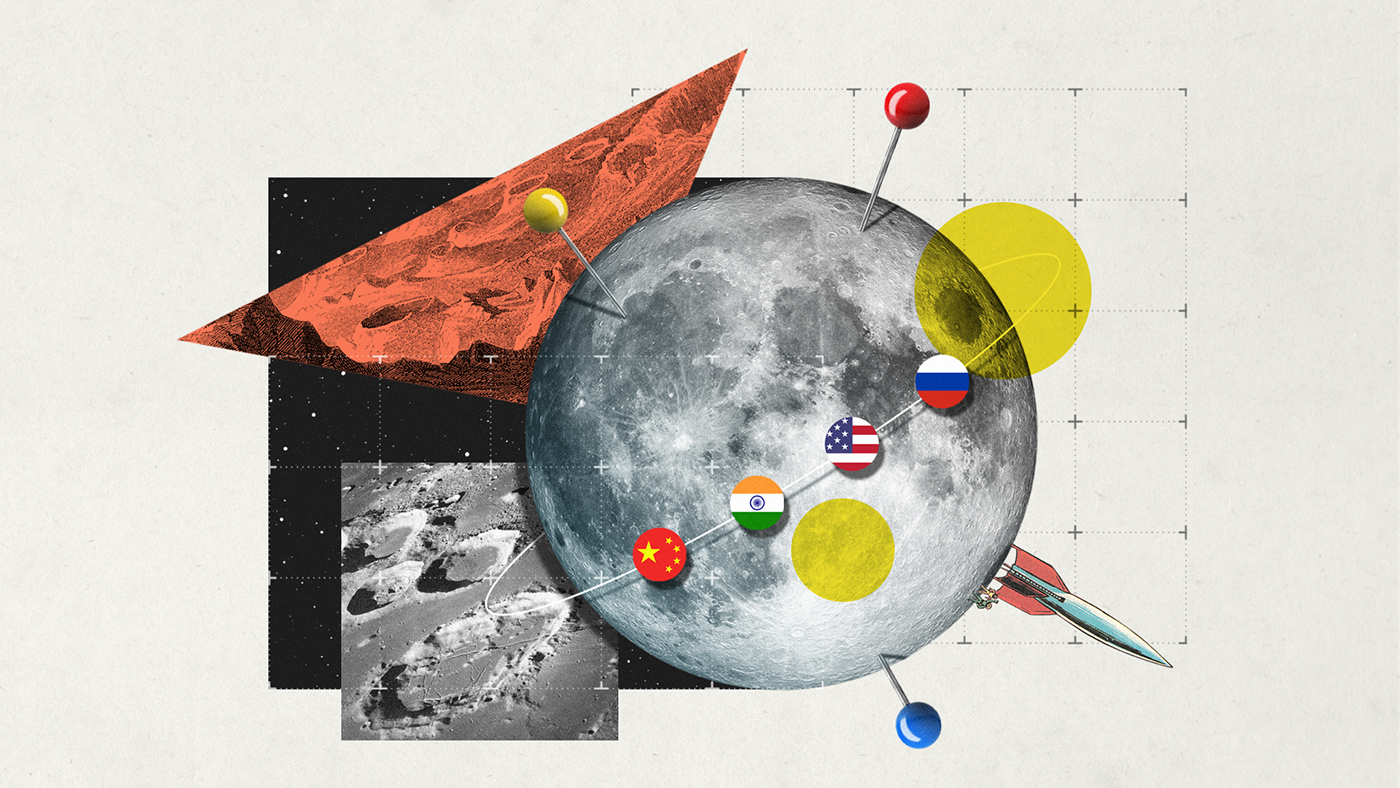 Dark side of the Moon: will the race to lunar South Pole spark conflict?
Dark side of the Moon: will the race to lunar South Pole spark conflict?Today's Big Question Russia and India are competing for the ‘new lunar gold’ – but real contest will be between the US and China
-
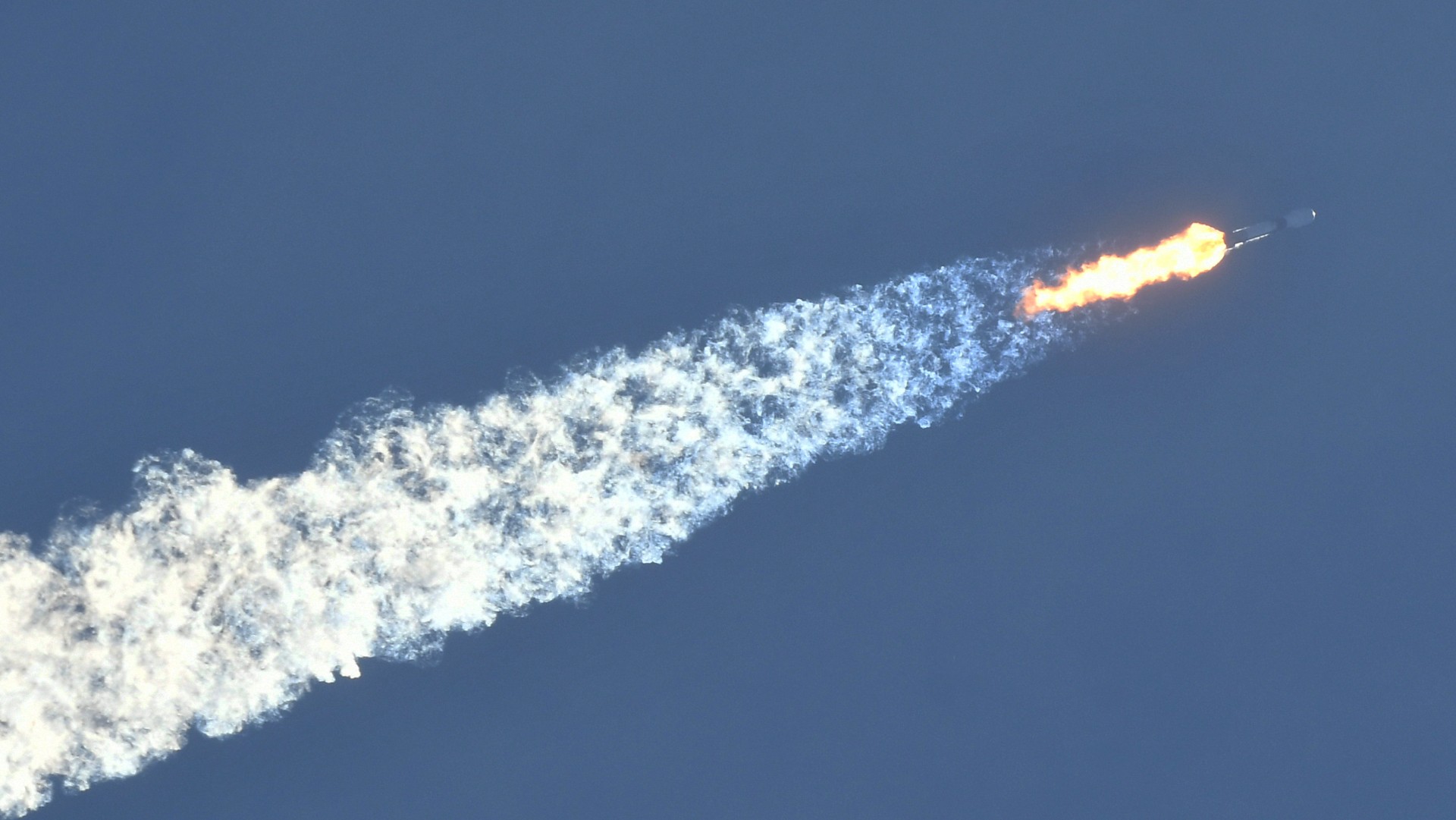 How worried we should be about space debris
How worried we should be about space debrisfeature As part of a rocket washes up in Australia scientists warn ‘critical mass’ of orbital junk could only be decades away
-
 How cybercriminals are hacking into the heart of the US economy
How cybercriminals are hacking into the heart of the US economySpeed Read Ransomware attacks have become a global epidemic, with more than $18.6bn paid in ransoms in 2020
-
 Language-learning apps speak the right lingo for UK subscribers
Language-learning apps speak the right lingo for UK subscribersSpeed Read Locked-down Brits turn to online lessons as a new hobby and way to upskill
-
 Brexit-hobbled Britain ‘still tech powerhouse of Europe’
Brexit-hobbled Britain ‘still tech powerhouse of Europe’Speed Read New research shows that UK start-ups have won more funding than France and Germany combined over past year